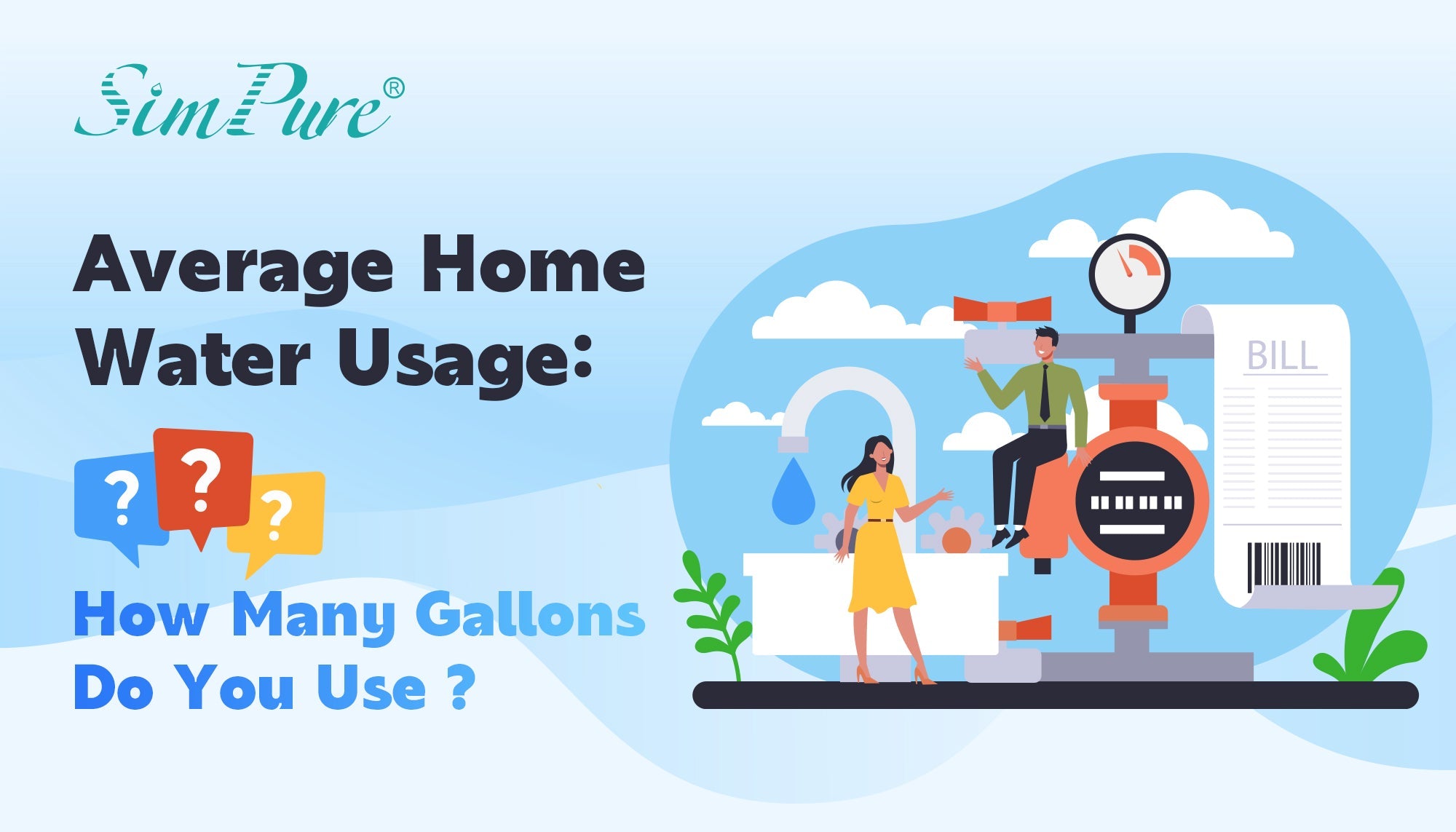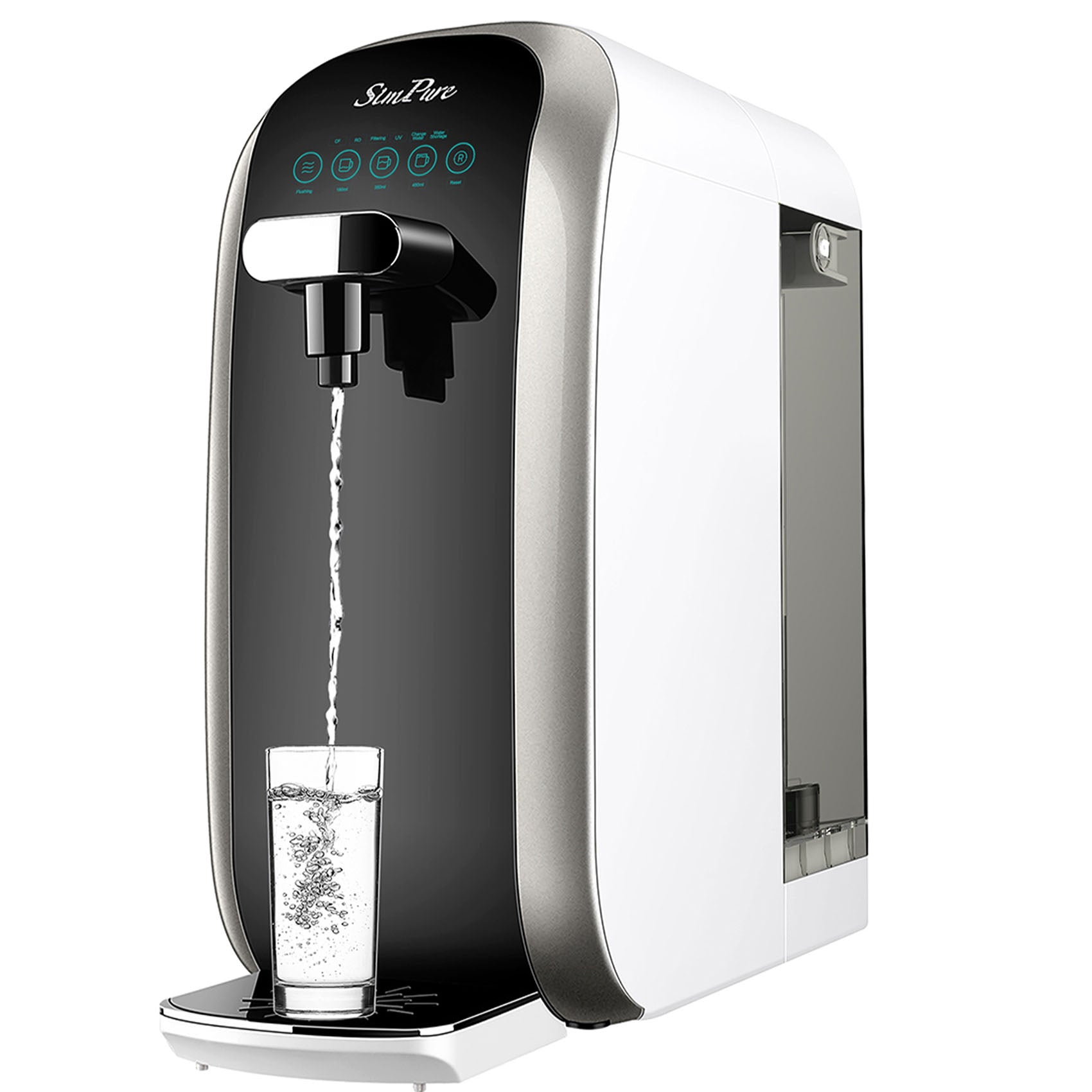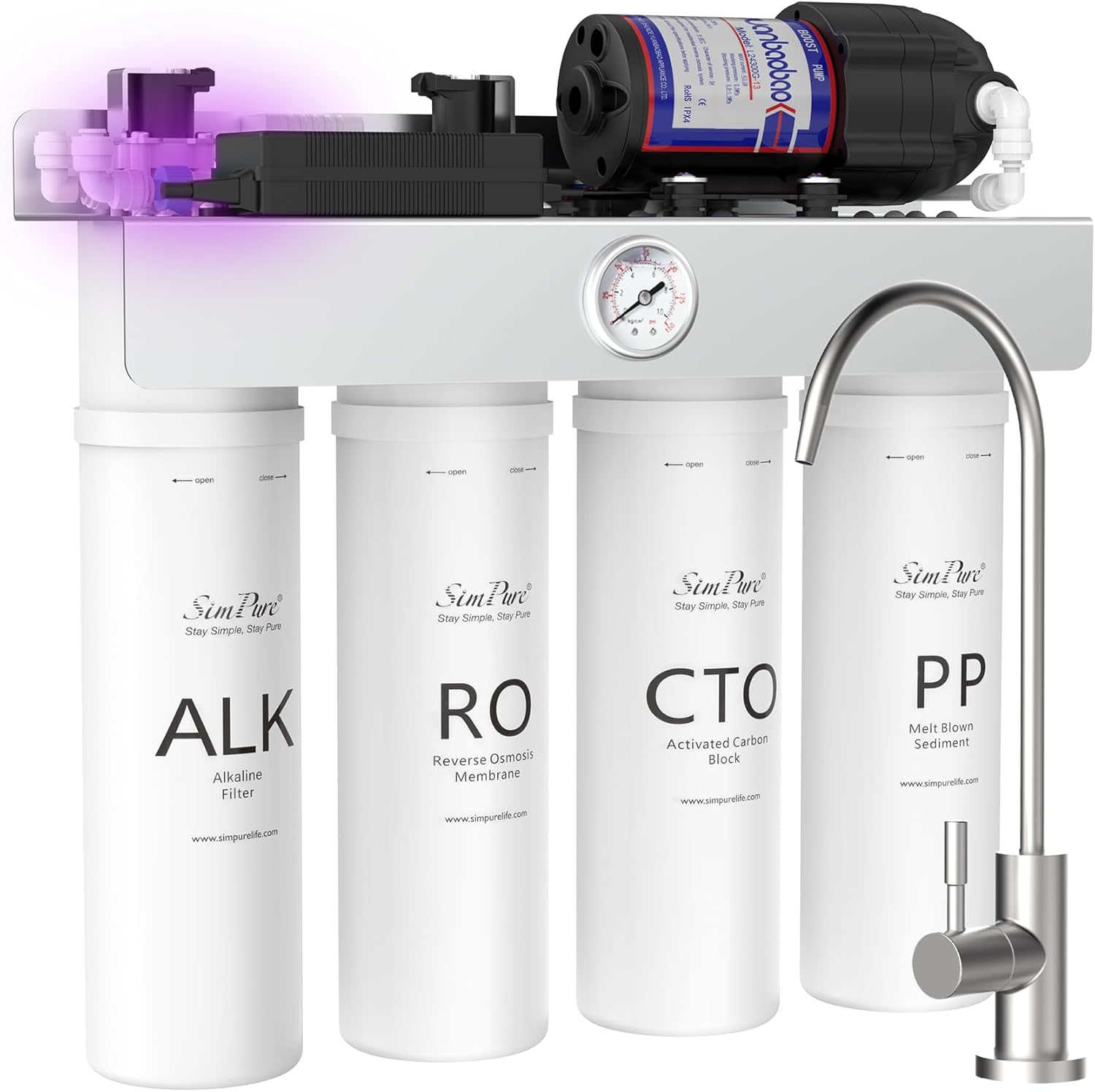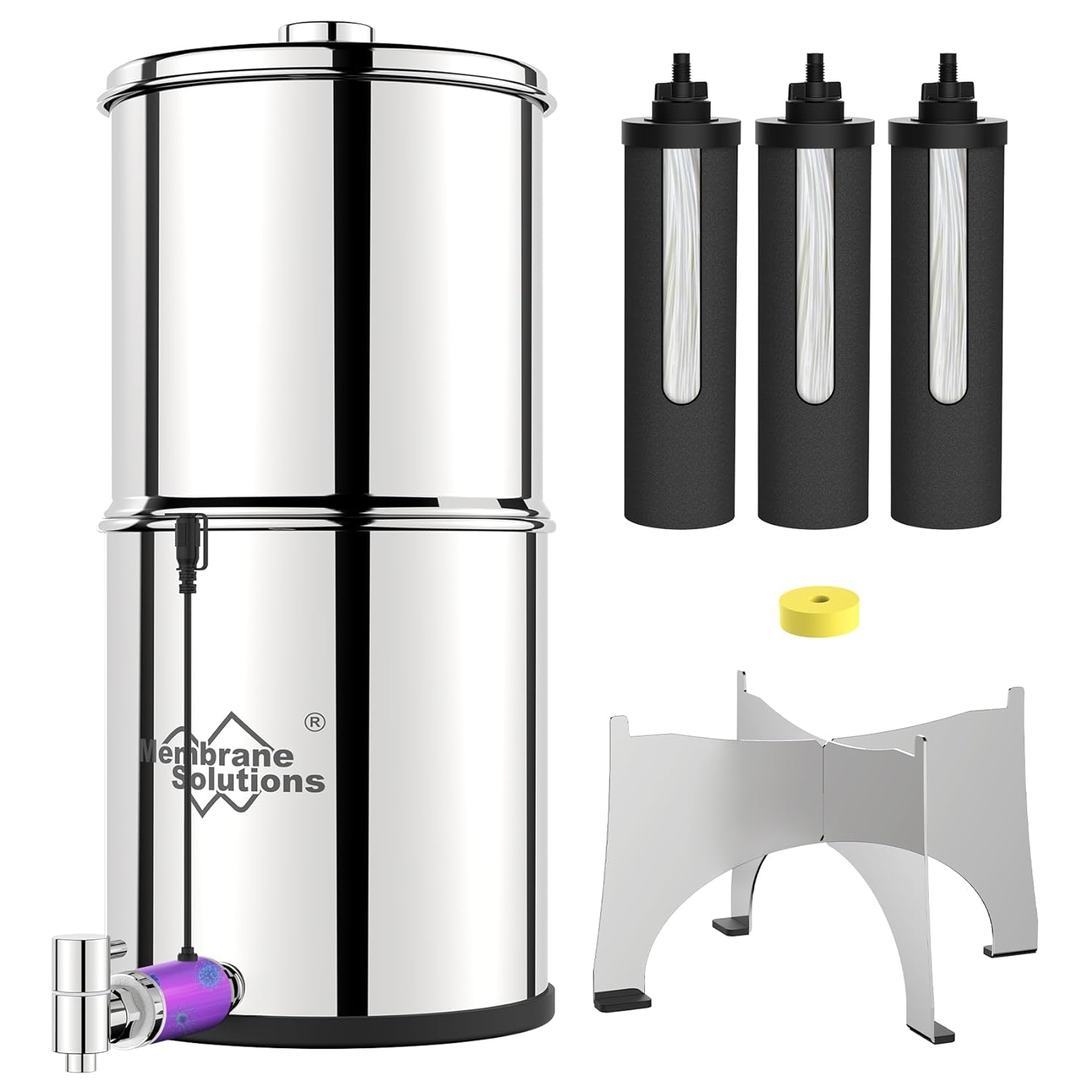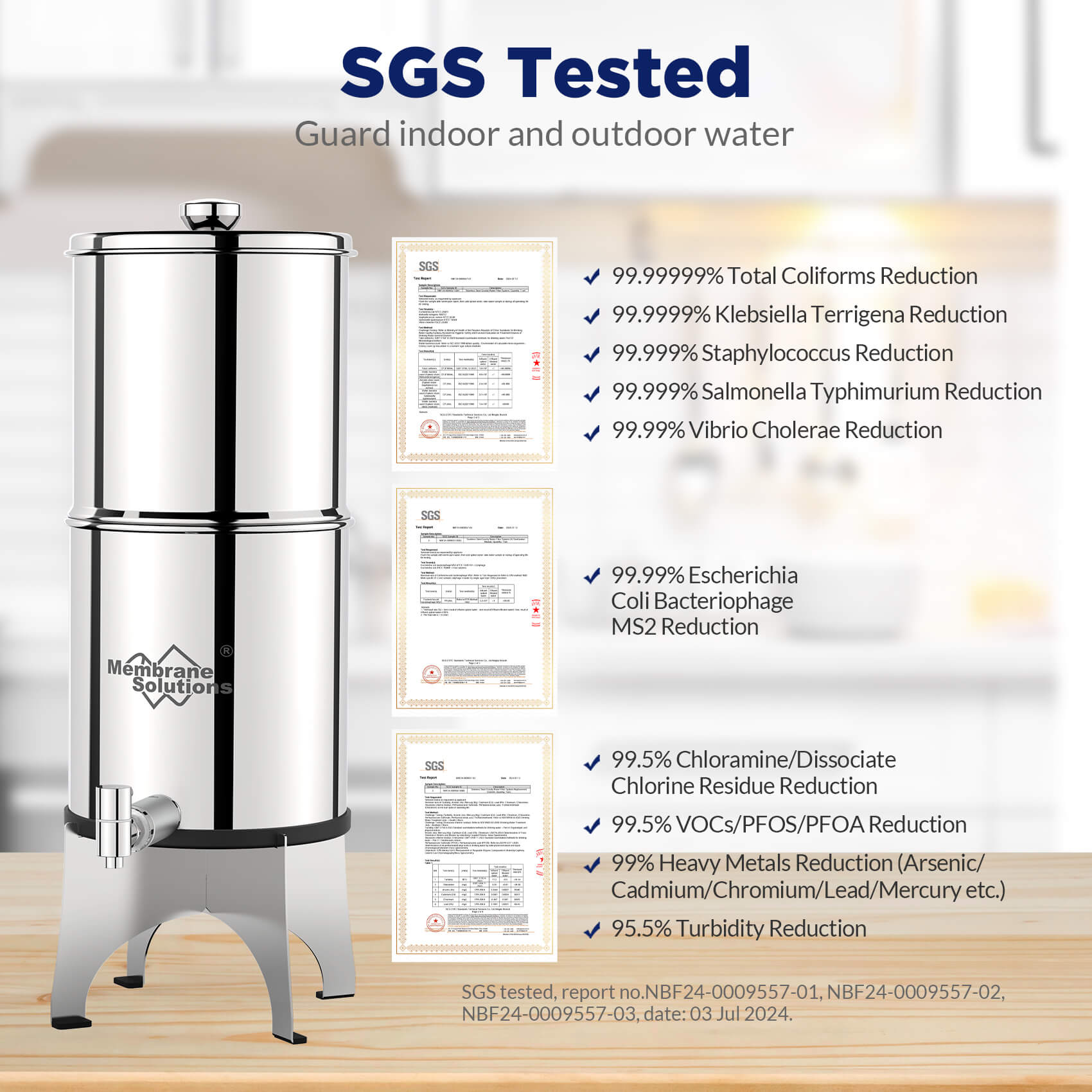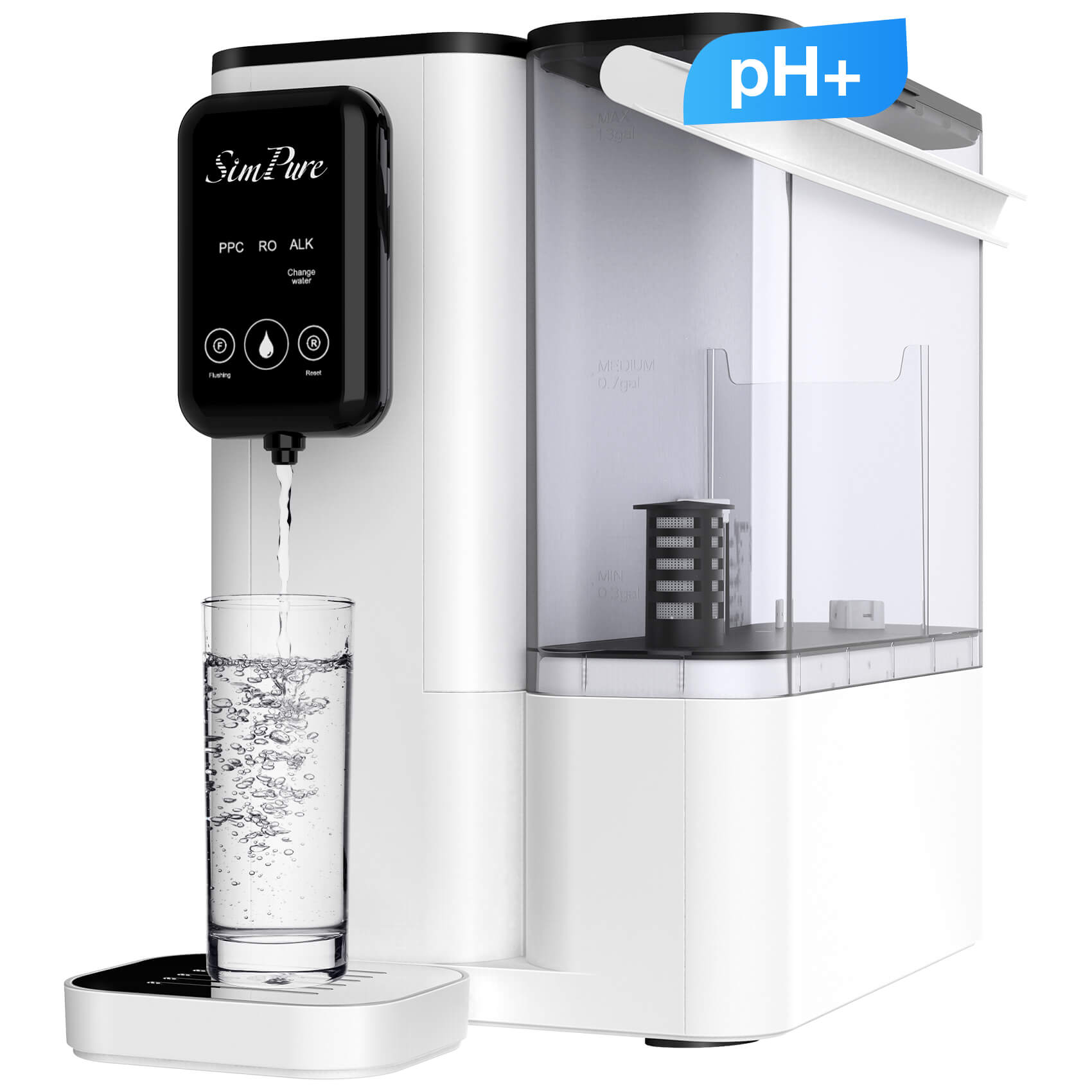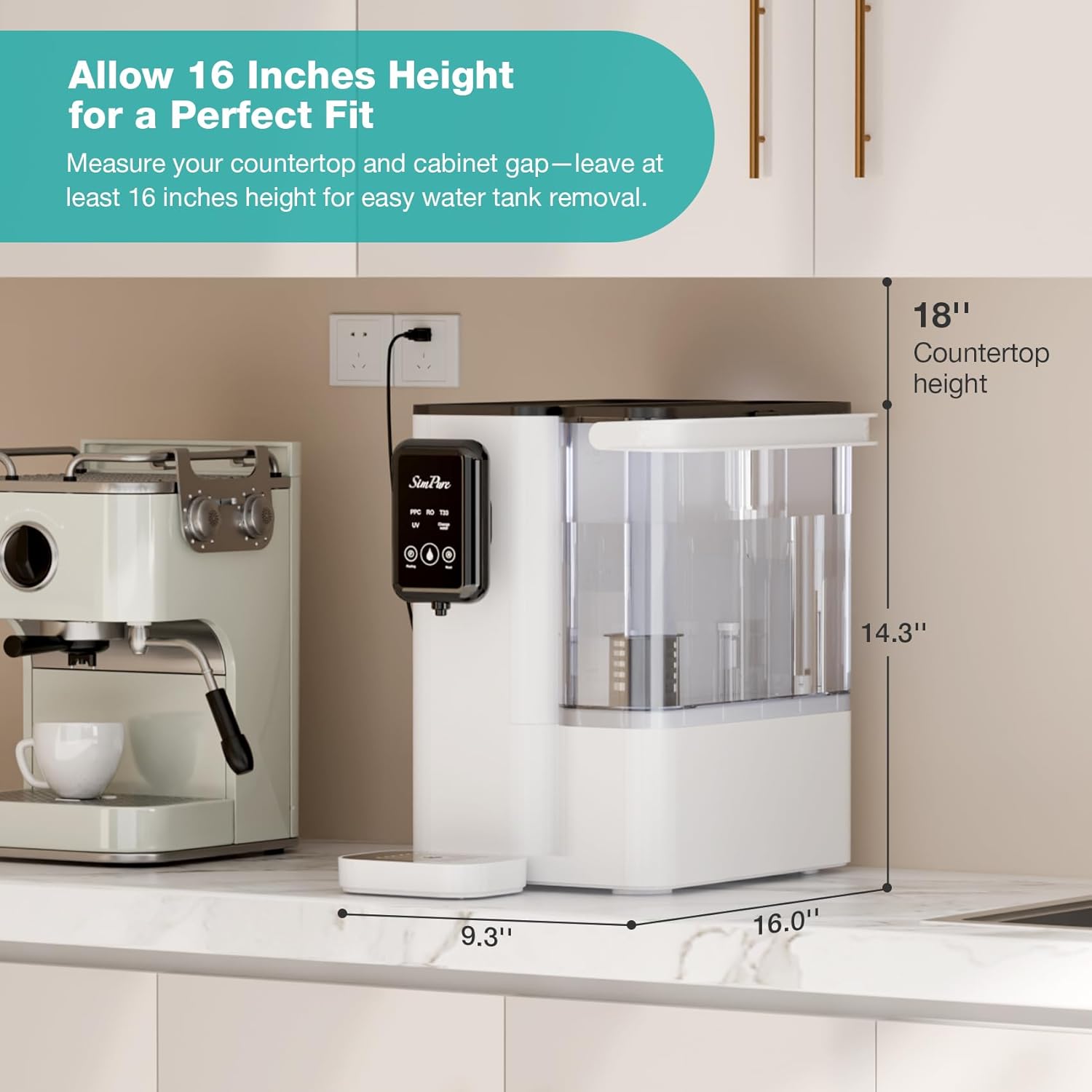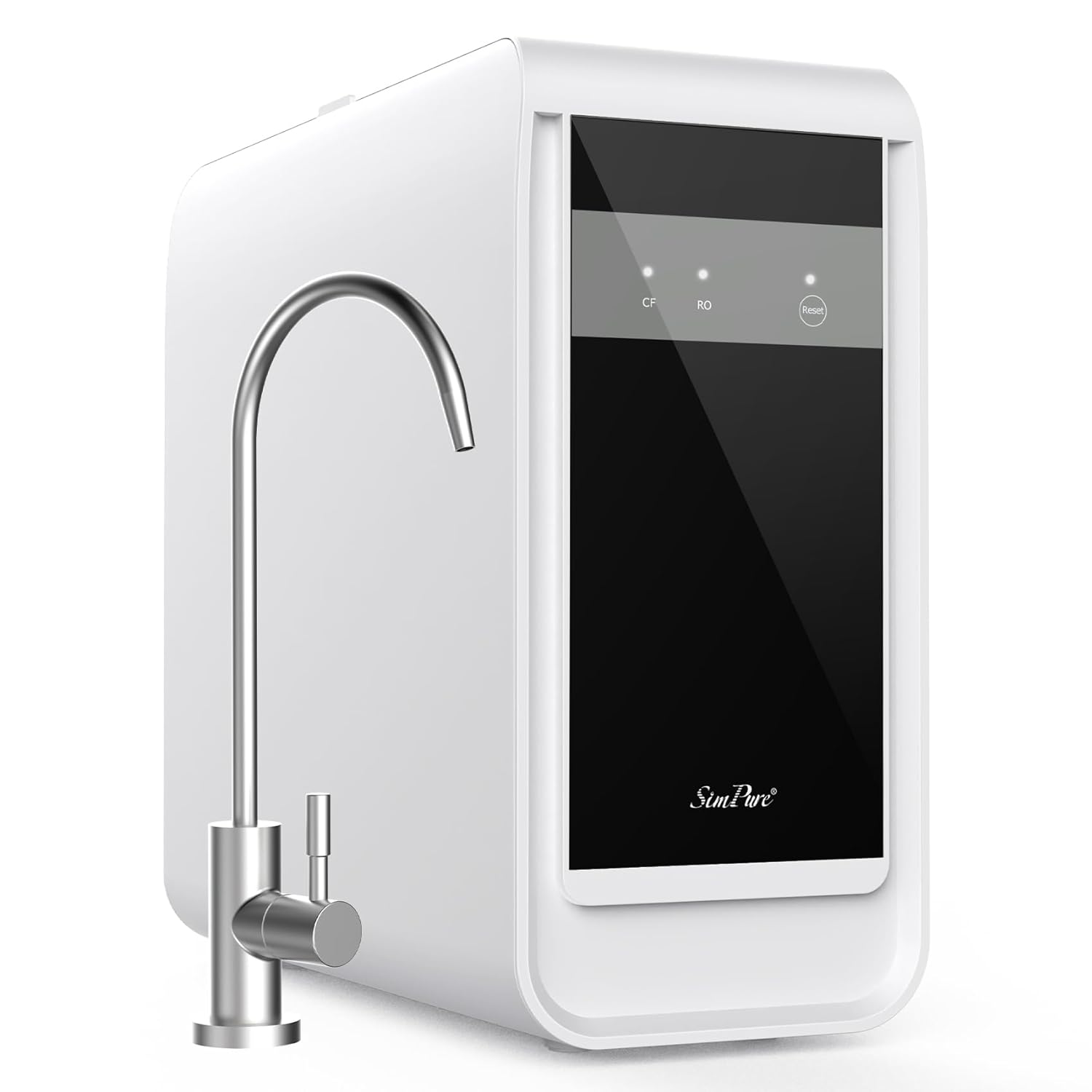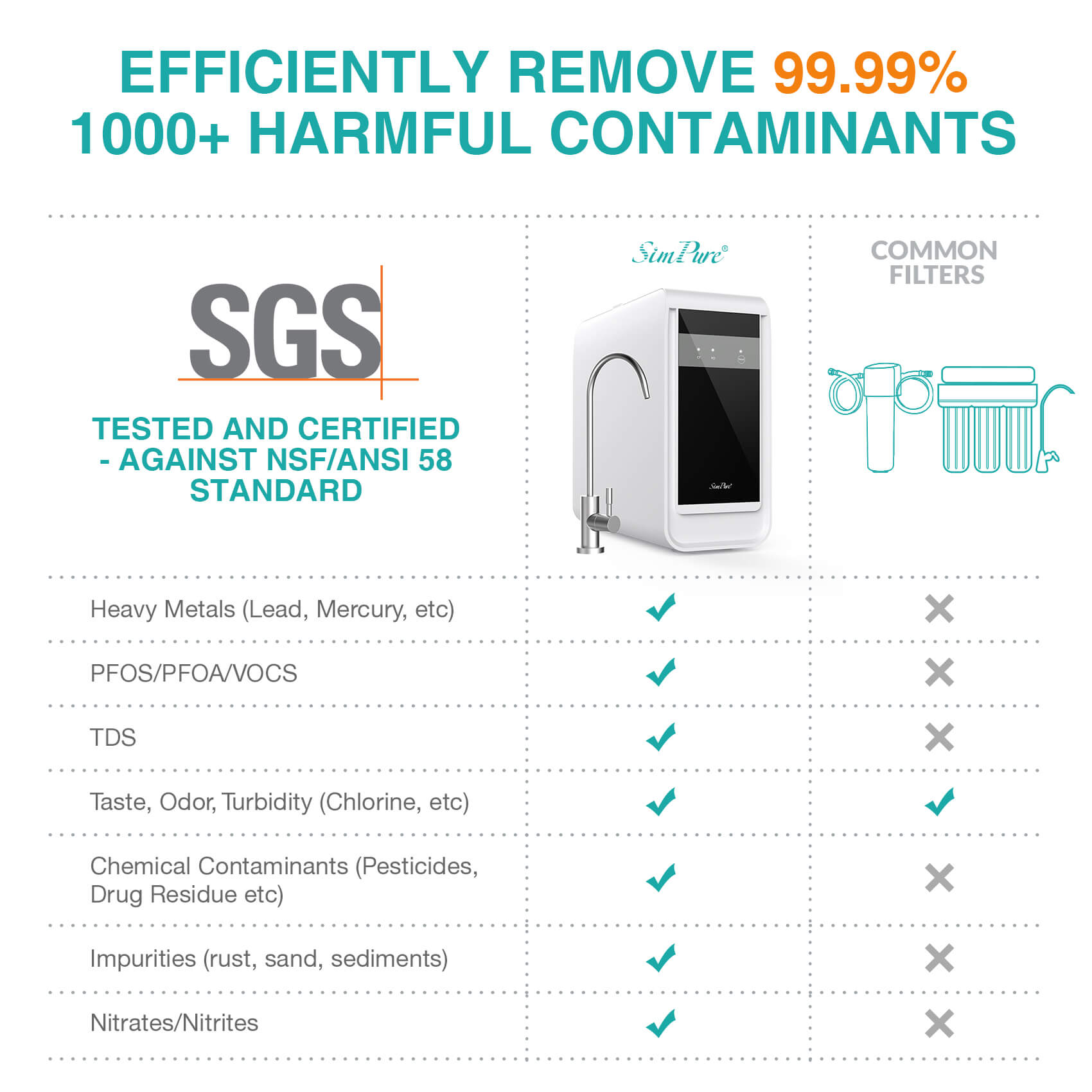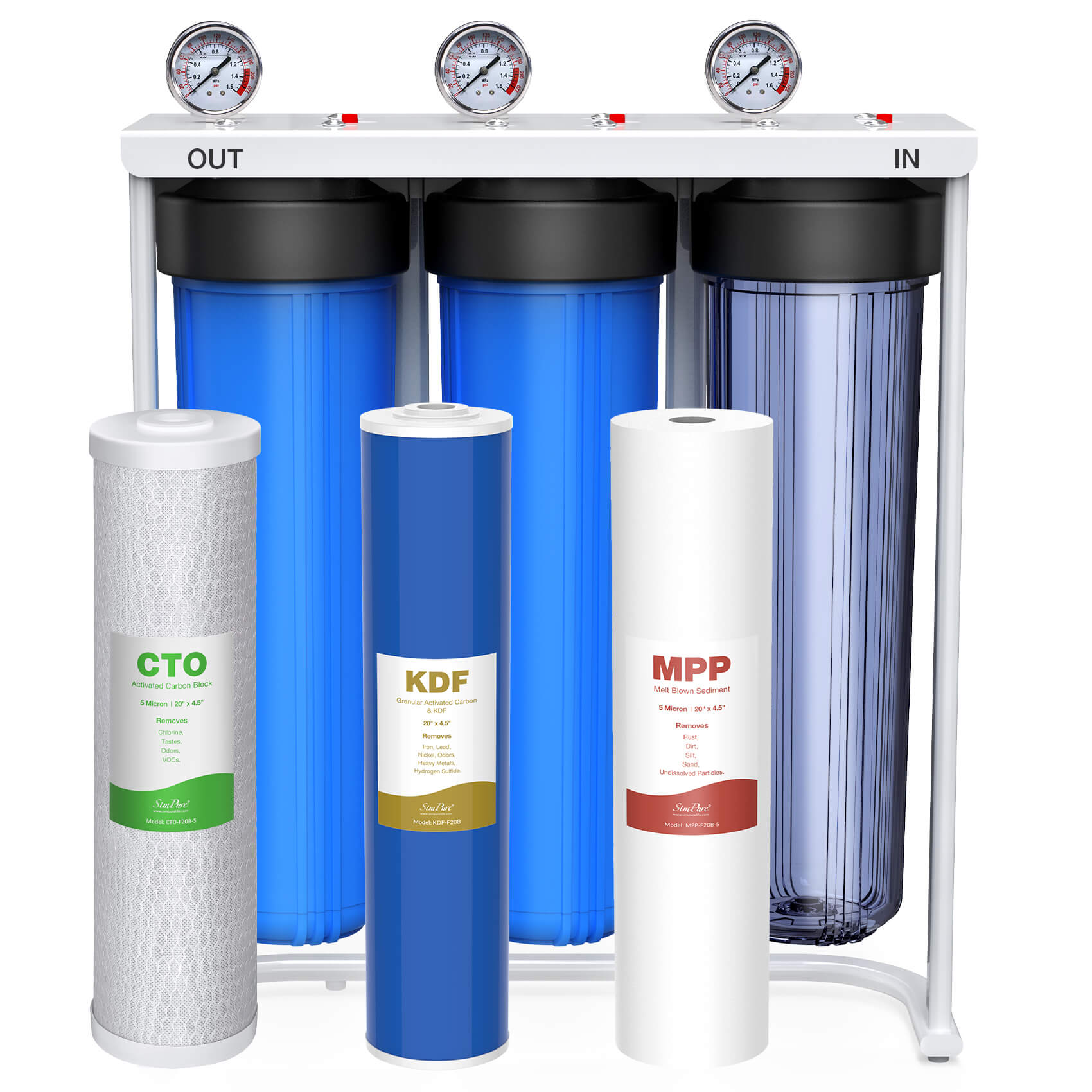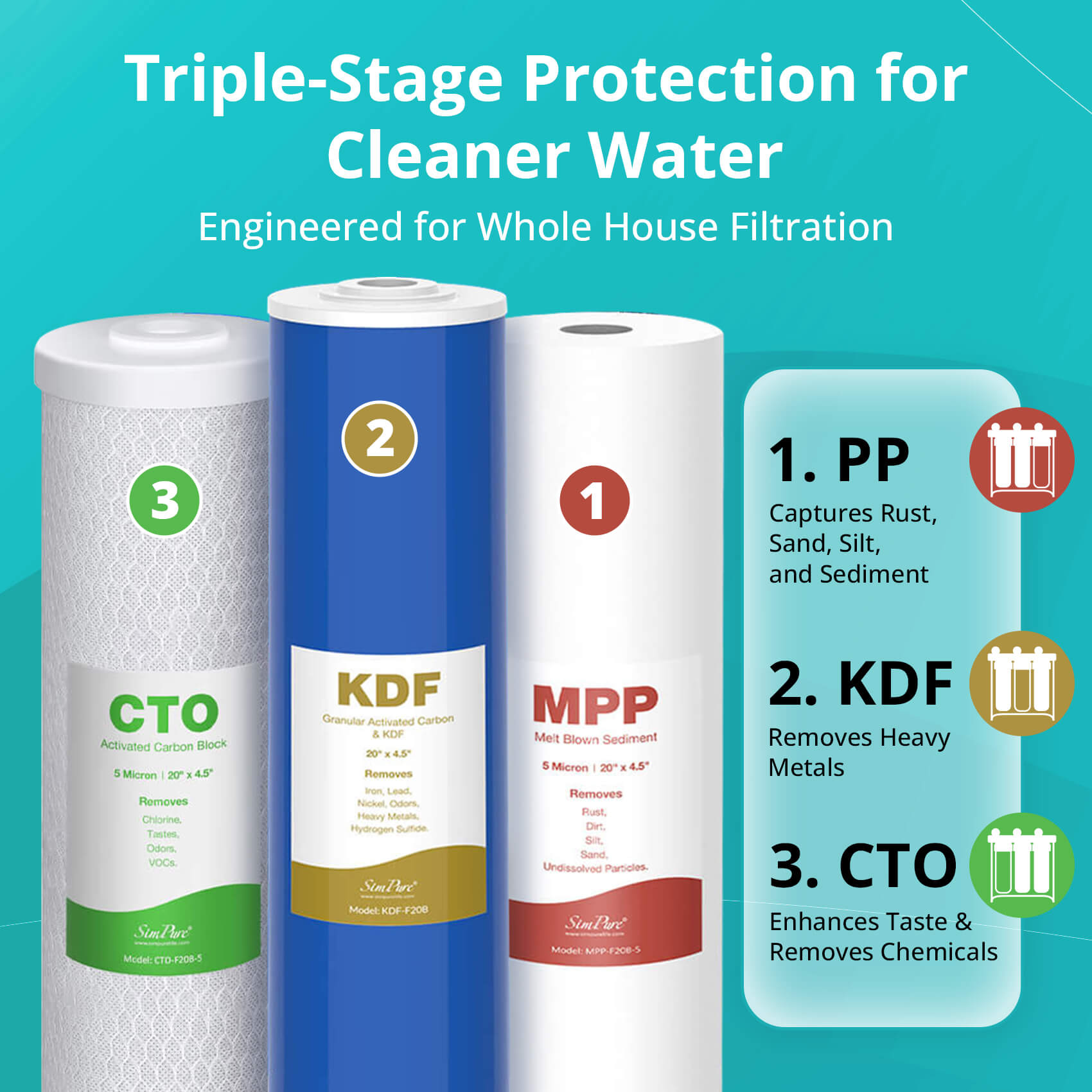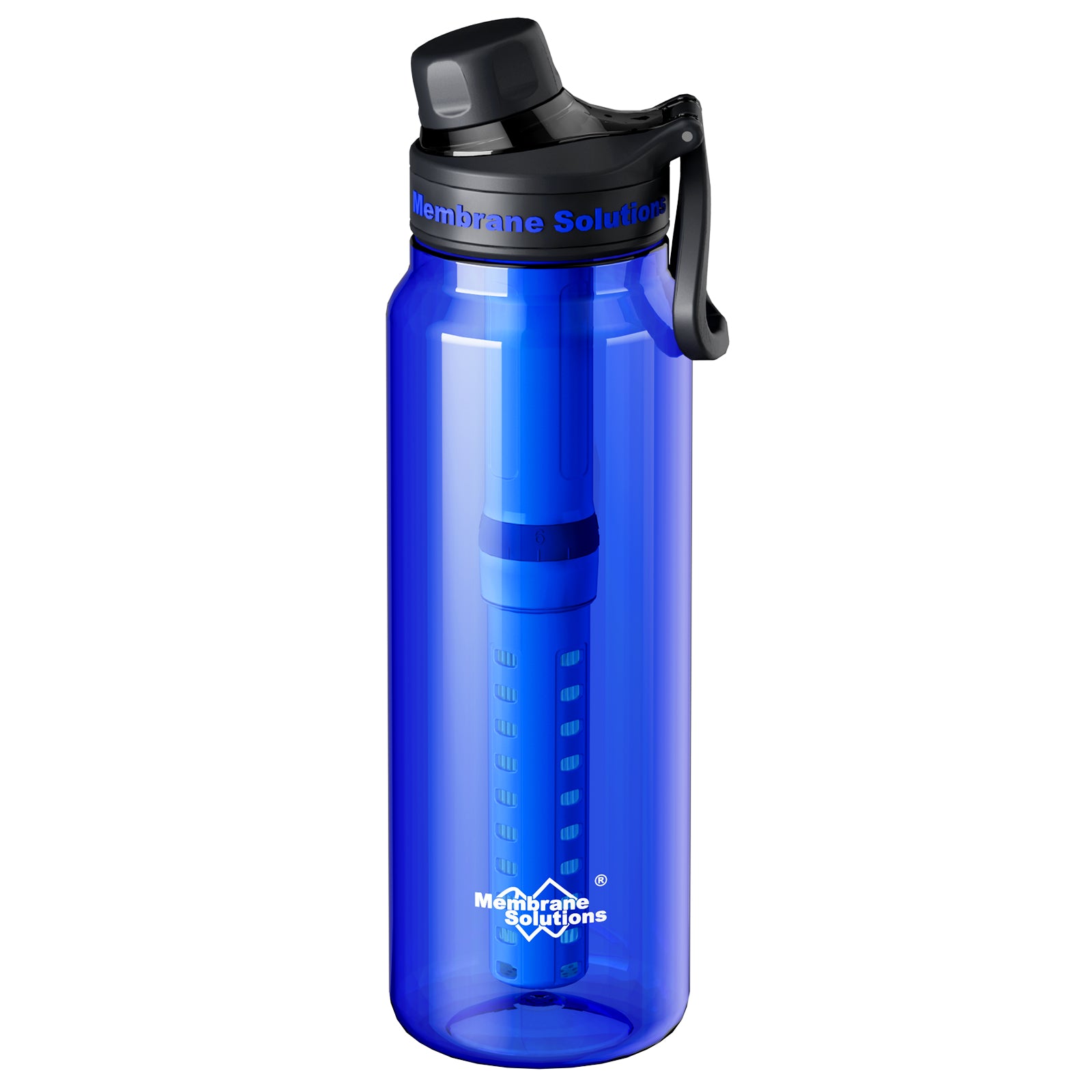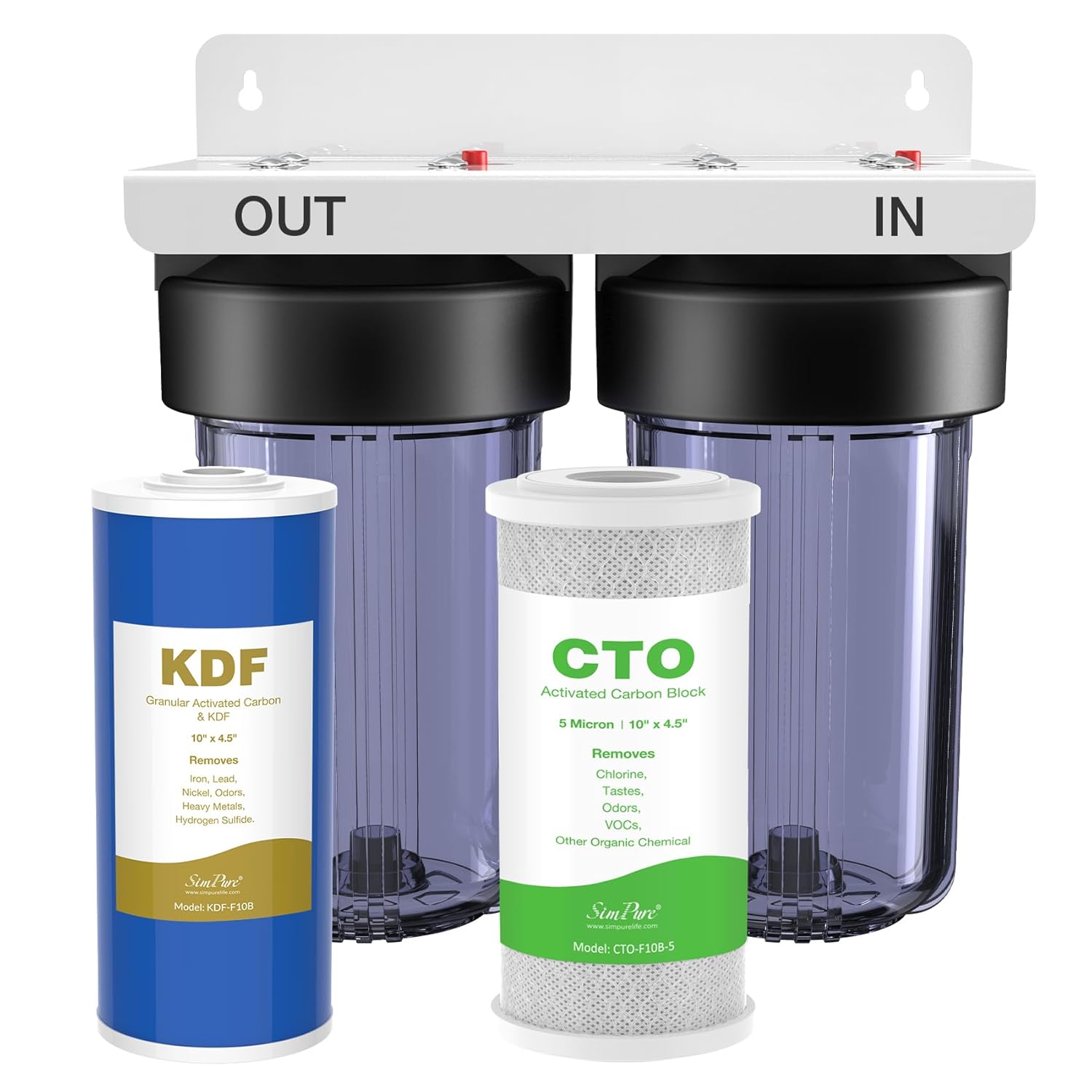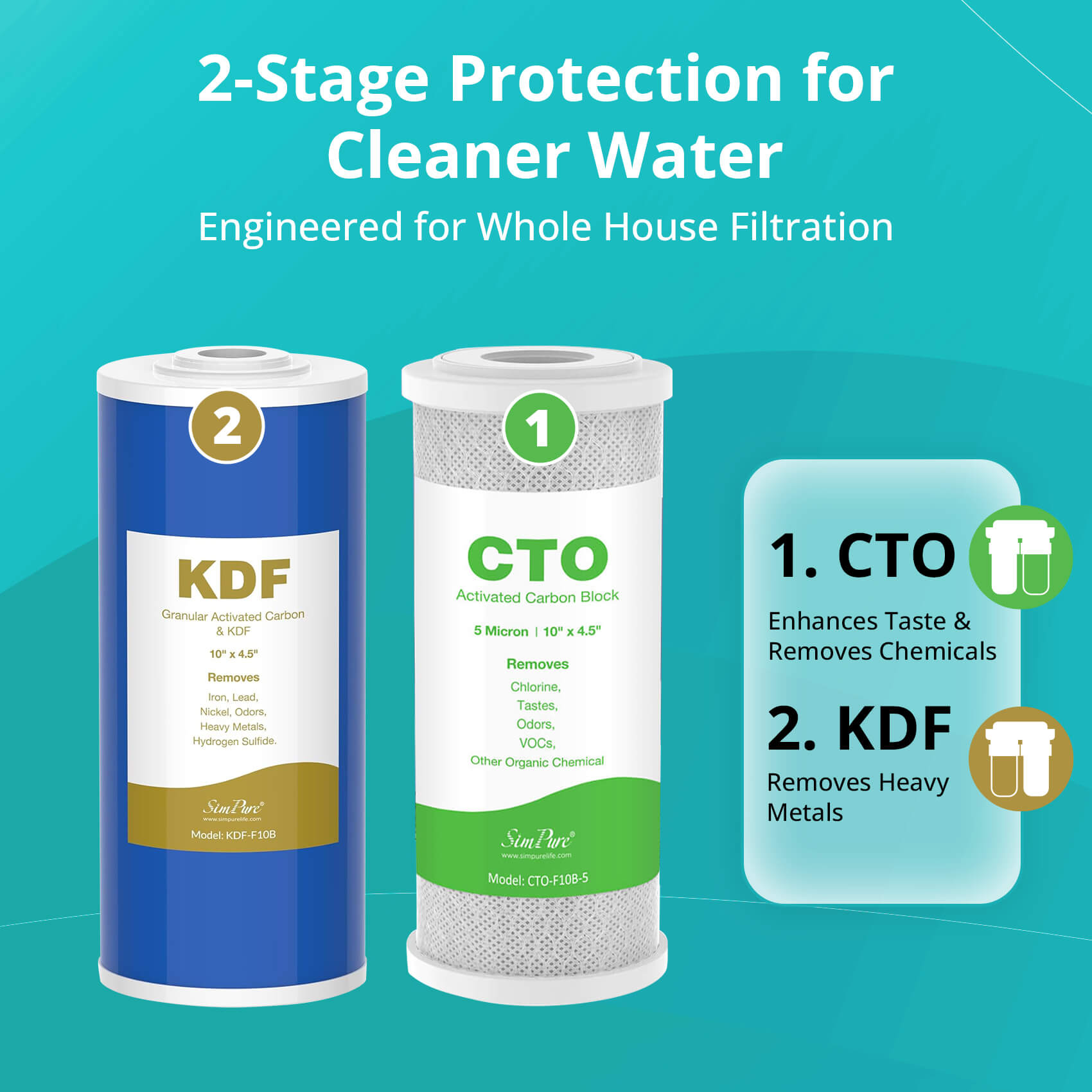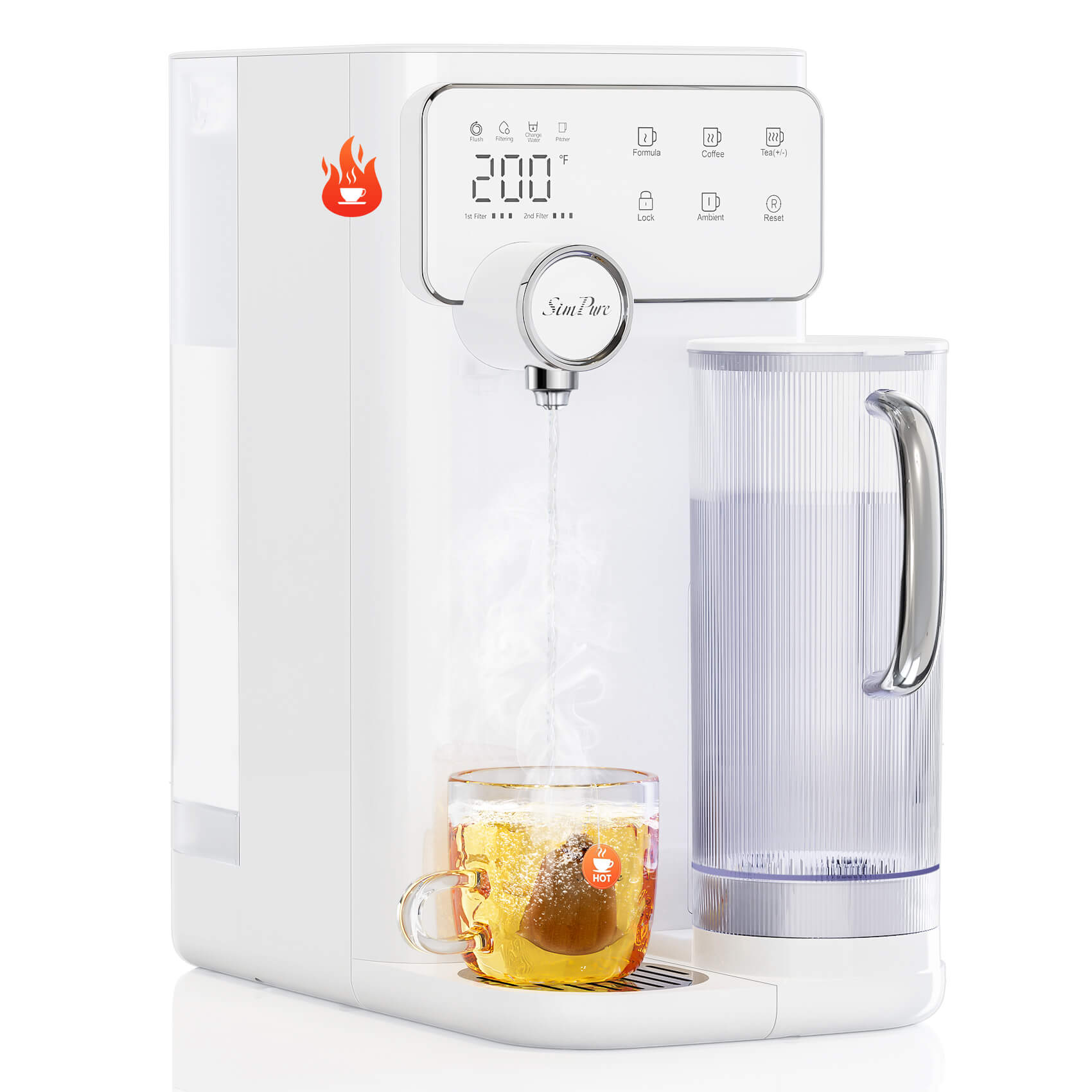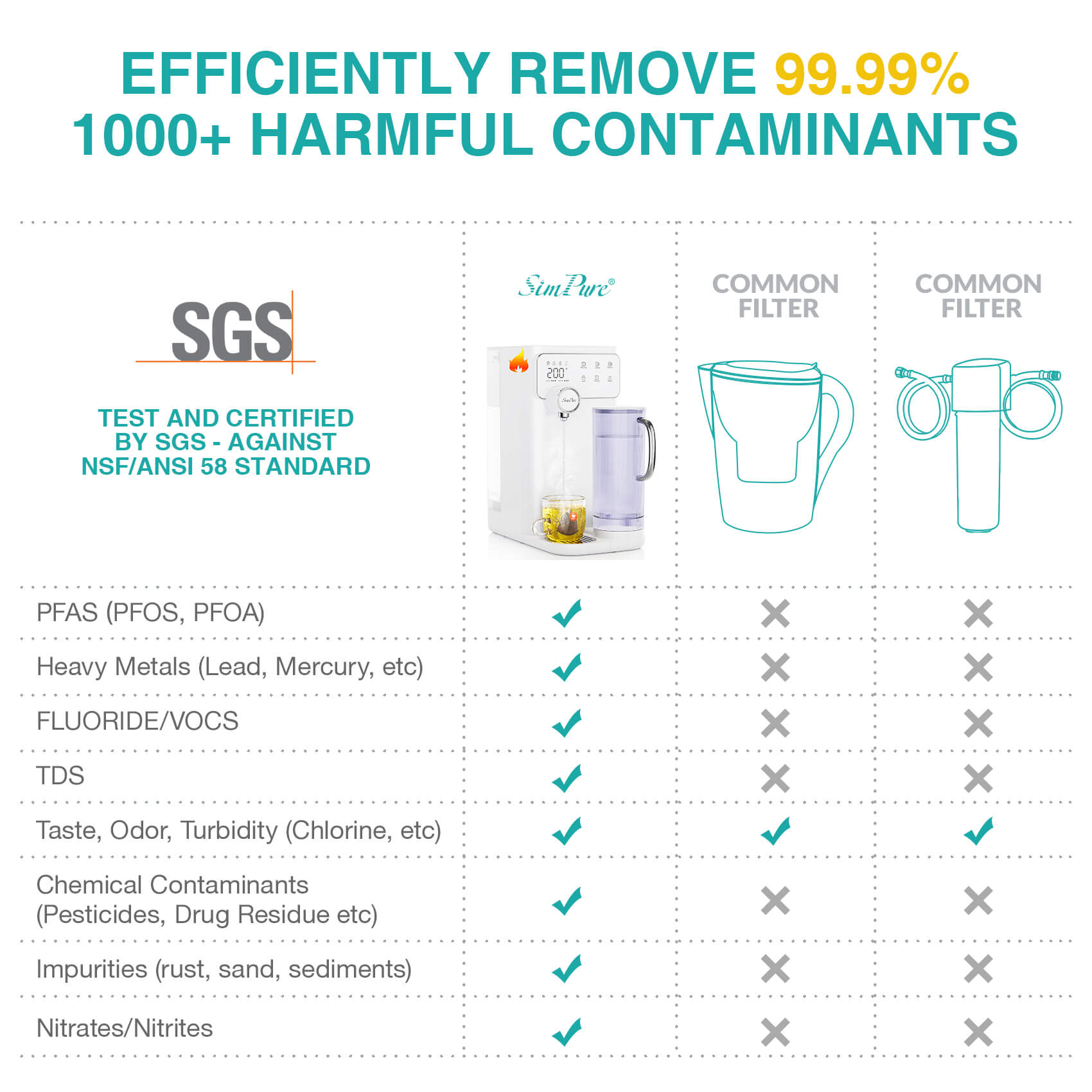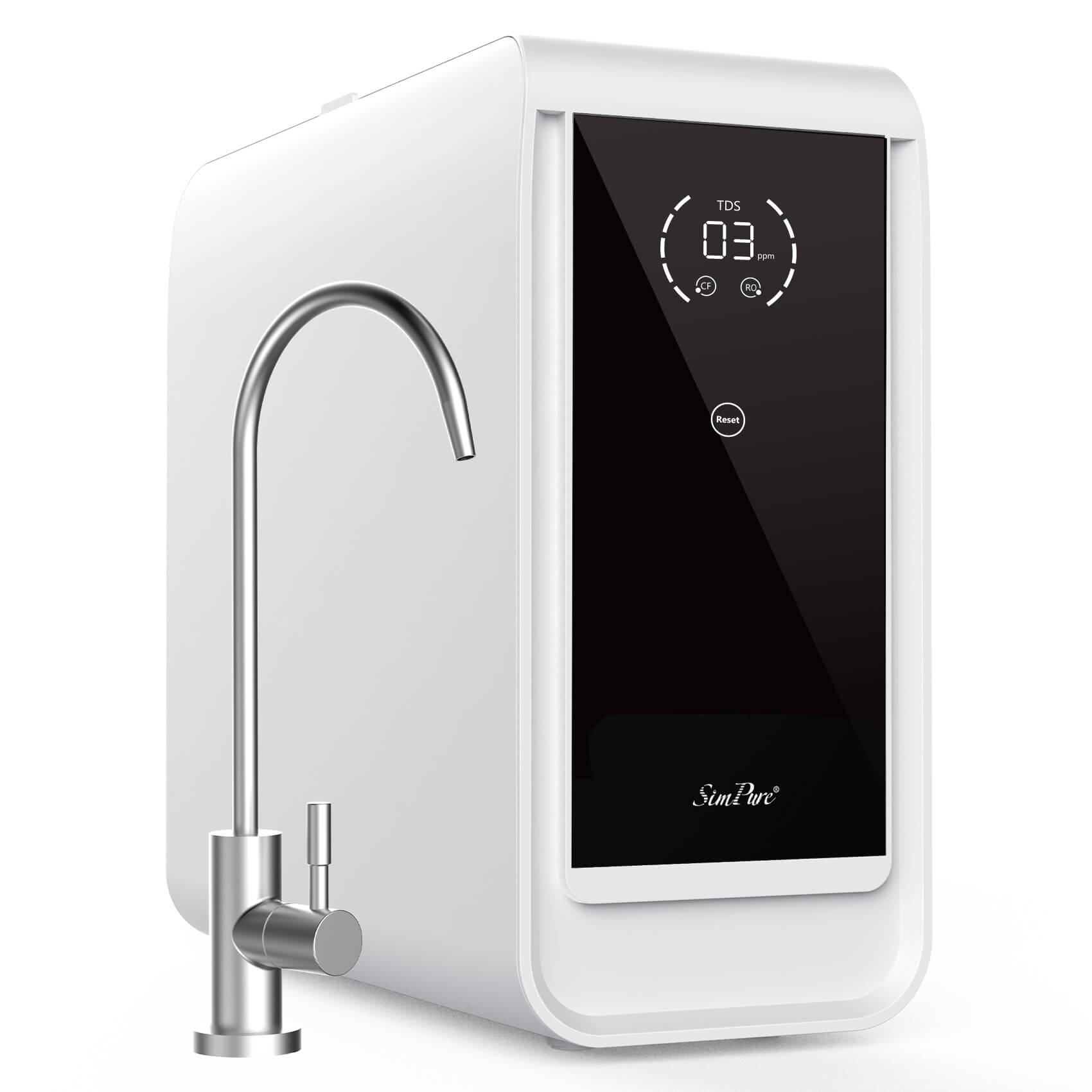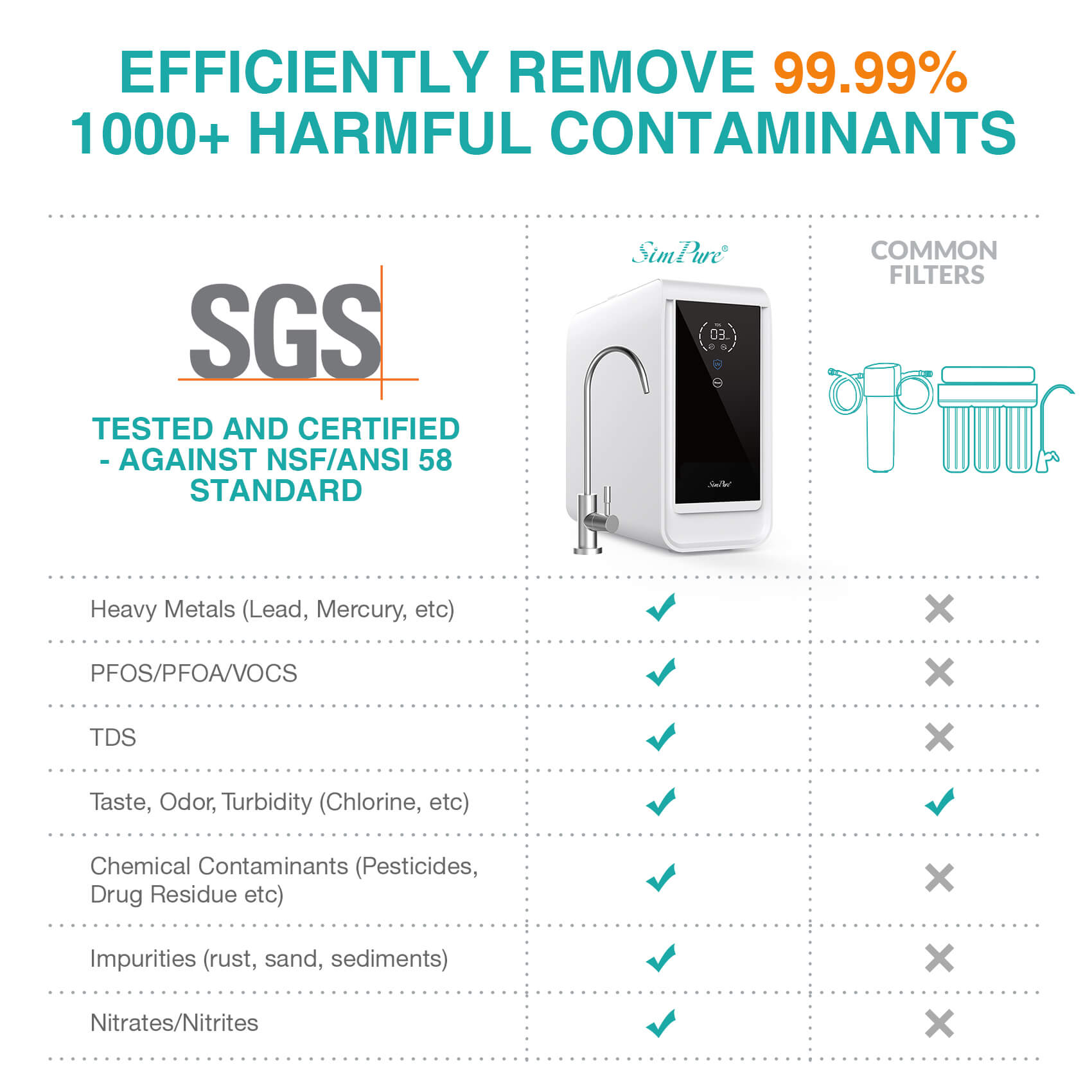Have you ever wondered how many gallons of water the average household uses daily, monthly, or yearly? Knowing this helps you gauge your environmental impact and budget effectively. In this article, we'll guide you estimate daily, monthly, and yearly water usage per person or family of 3 or 4, along with strategies to reduce water consumption and other recommendations. Let us learn practical tips to optimizer water use and contribute to sustainable living.
Importance of Tracking Average Home Water Usage
Tracking average home water usage is essential for several reasons. Firstly, it helps individuals understand their environmental impact. By knowing how much water is consumed daily, monthly, and annually, households can gauge their contribution to water scarcity issues and make informed decisions to conserve this precious resource.
Secondly, monitoring water usage aids in budgeting and cost management. By identifying patterns and trends in consumption, households can budget more accurately for water expenses and potentially reduce overall utility bills.
Additionally, tracking water usage promotes water conservation efforts. Armed with data on their usage, individuals can implement water-saving practices, such as fixing leaks, using water-efficient appliances, and adopting mindful water habits. These efforts not only benefit the environment but also contribute to sustainable living and responsible resource management.
Factors Affecting Average Home Water Usage
When we talk about the topic how many gallons of water does the average household use, several key elements, including household size, geographic location, climate conditions, and lifestyle habits, play a significant role in determining how much water a household consumes. Let's delve deeper into these factors.
Household size and composition: Family members impact usage.
Larger households with more family members tend to use more water for daily activities such as bathing, laundry, cooking, and watering plants. Each additional person in a household typically increases water consumption by around 70 gallons per day on average.

[*Picture from https://www.epa.gov/watersense/how-we-use-water]
The average water usage for a 2-person household ranges from 160 to 180 gallons per day due to various daily activities. Showers typically account for the largest share, ranging from 40 to 60 gallons per shower depending on showerhead flow rate and duration. Toilet flushing contributes about 24 gallons per person per day. Laundry adds around 30 to 50 gallons per load, while dishwashing uses approximately 12 to 30 gallons. Other activities like cooking, drinking, and cleaning, leaking vary but contribute to the overall range.
Extending this to a 3-person household, we can estimate an increase in water usage by approximately 50%, bringing the range to around 240-270 gallons per day. This increase is primarily due to an additional person using water for daily activities like bathing, cooking, and laundry.
Now, for a family of 4, the average water usage can further increase by another 33%, totaling around 320-360 gallons per day. The larger family size means more water is consumed for various tasks, including more frequent showers, additional loads of laundry, and potentially more meals prepared at home.
Calculating based on these estimations:
Average water usage for 2-person household: 160-180 gallons/day
Average water use for family of 3: (160-180) + 50% ≈ 240-270 gallons/day
Average water use for family of 4: (240-270) + 33% ≈ 320-360 gallons/day
Geographic location: Climate and water availability influence consumption.
Regions with arid climates often experience higher water demand due to the need for irrigation in landscaping and agriculture. Conversely, areas with abundant rainfall may have lower household water usage as natural sources replenish water supplies.
For example, in a dry region like Southern California, average home water usage could range from 80 to 120 gallons per person per day. In contrast, a region with ample rainfall like the Pacific Northwest may see usage as low as 50 to 70 gallons per person daily. These ranges reflect the impact of geographic factors on water consumption patterns.
Climate conditions: Weather patterns affect water needs.
Areas with arid climates or prolonged droughts typically experience higher water demand for irrigation, leading to increased household usage. Conversely, regions with ample rainfall may have lower water requirements for outdoor activities. Additionally, extreme weather events like heatwaves or cold spells can affect indoor water usage, such as increased showering during hot weather or extra laundry during cold snaps. The possible range for water usage influenced by climate conditions can vary significantly, from 80 to 200 gallons per person per day.
Lifestyle habits: Daily activities and routines affect usage levels.
or instance, individuals with habits like taking long showers, running dishwashers frequently, or watering large lawns regularly will likely have higher water usage compared to those with more conservative practices. Cooking habits, laundry frequency, and even recreational activities like swimming pools also contribute to overall water consumption.
On average, lifestyle habits can cause variations in water usage from as low as 50 gallons per person per day for very conservative households to as high as 150 gallons per person per day for more water-intensive lifestyles.
Typical FAQs on Average Home Water Usage in the United States
As we delve into the topic of average home water usage and how many gallons of water the average household uses, we've received numerous questions from concerned users. Now, let's address some of these common inquiries and explore the factors that contribute to understanding water consumption better.
How Much Water Does the Average Person Use per Day?
The average person uses approximately 80-100 gallons of water per day in the United States. This consumption includes various activities such as bathing, flushing toilets, washing dishes, doing laundry, and watering plants. Factors like household size, lifestyle habits, and geographic location influence this usage. For instance, a larger household with more members will naturally have higher water consumption. Similarly, individuals living in areas with hot climates may use more water for activities like watering lawns or gardens.
Here is also the question-How Many Liters of Water a Day. Basically, one gallon is equivalent to approximately 3.78541 liters. A person uses about 300-400 liters of water per day, includes water for drinking, cooking, cleaning, bathing, and other daily activities.
How Much Water Does Average Household Use per Month?
The average household's monthly water usage varies widely based on factors like household size, habits, and geographic location. In the United States, for example, the Environmental Protection Agency (EPA) estimates that a family of four typically uses about 12,000 gallons of water per month. However, this number can fluctuate significantly. In areas with water-saving initiatives and efficient appliances, monthly usage may be lower. Conversely, regions with larger households, extensive outdoor watering needs, or less water-conscious practices might see higher monthly water consumption, exceeding 20,000 gallons or more.
How Many Gallons of Water Does the Average Person Use Every Year?
The average person uses about 80-100 gallons of water per day, totaling around 29,000-36,500 gallons annually. This estimate includes various activities such as bathing, cooking, laundry, dishwashing, and general household cleaning. However, individual usage can vary significantly based on factors like lifestyle, household size, geographic location, and water efficiency measures. For instance, households with water-saving fixtures and mindful consumption habits may use less water per person.
Tips for Reducing Water Waste
Based on our estimated water usage, if you're looking to reduce water expenses, consider implementing water-saving strategies. Simple steps like fixing leaks promptly, using water-efficient appliances, taking shorter showers, and collecting rainwater for outdoor use can significantly reduce your water consumption. Additionally, being mindful of water usage during daily activities like dishwashing and laundry can contribute to water waste reduction.
Improving Water Quality at Home
Implementing these water-saving tips can make a significant difference in your water usage. However, for an additional step towards better water quality and sustainability, consider installing a water filter. Not only does a water filter improve the taste and safety of your drinking water, but it also reduces the need for bottled water, minimizing plastic waste. It's a simple yet impactful investment in your health and the environment.
In conclusion, understanding average home water usage is crucial for both environmental conservation and financial management. Moreover, prioritizing water quality through the installation of a water filter not only ensures safe and great-tasting water but also contributes to reducing plastic waste. Let's take proactive steps to monitor our water consumption, minimize waste, and invest in sustainable solutions for a healthier future.
Get Water Filter Now!
